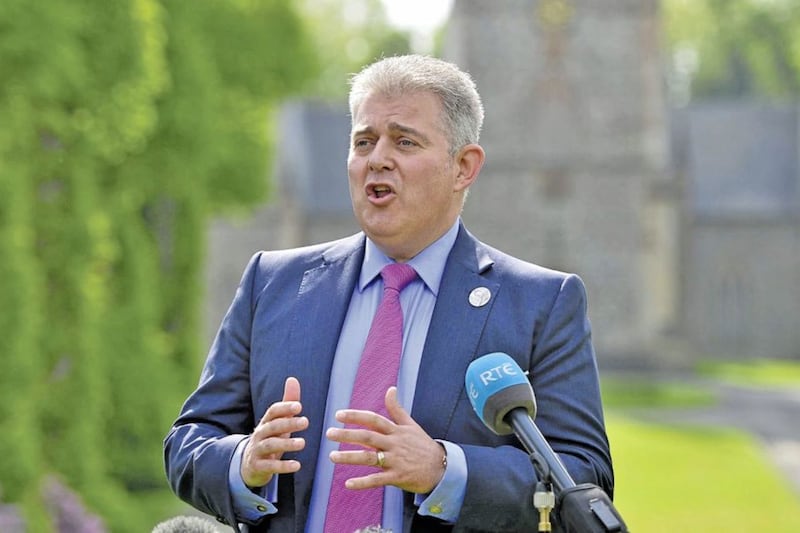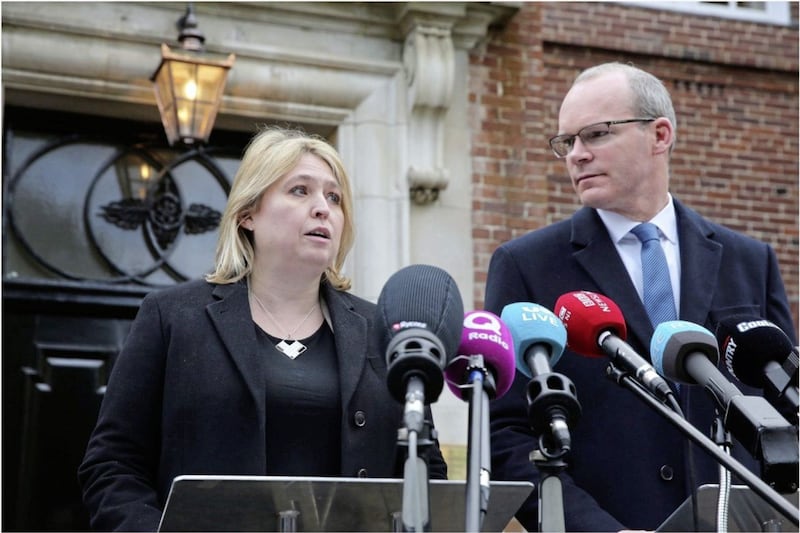There is a clear need for all those contributing to the legacy debate to take a completely measured approach, carefully consider the impact of their words and above all avoid causing offence to grieving families from any section of society.
A number of politicians from different parties have instead managed to make deeply questionable interventions, with the Conservative MP Johnny Mercer the latest to fall into this category.
Mr Mercer is a former captain in the British Army, who was posted to Afghanistan on three occasions, so it is perhaps understandable that he has been noticeably sympathetic to the position of his colleagues from previous theatres of conflict.
However, in a letter to prime minister Theresa May which was published yesterday, he went much further and described official efforts to investigate killings involving the state as an `abhorrent process’.
Mr Mercer announced he had withdrawn his support from Mrs May’s government over the historical prosecution of ex-British soldiers, and was only prepared to vote with his own party when it came to Brexit developments.
He previously called for new legislation to prevent charges linked to events from decades ago being brought against former British Army members but in his letter yesterday noticeably failed to explain whether he felt such laws should also cover civilians from the same era.
It was hardly surprising that Mr Mercer was less than specific on the issue as both Mrs May and her Stormont secretary, Karen Bradley, have been hopelessly confused when attempting to offer their own opinions.
Mrs Bradley was forced to publicly apologise two months ago after claiming that killings by the British Army were `not crimes’, while Mrs May wrongly told the House of Commons last year that the only historic investigations under way centred on `those who have served in our armed forces’.
Figures released by the Public Prosecution Service in Belfast demonstrated that of 26 legacy cases on which it has taken decisions since 2011, 13 related to republicans, eight to loyalists, and five to the British Army.
There can be no doubt that, while historical investigations are surrounded by complexities, successive British governments and the previous Stormont administration have consistently failed to provide a wider framework for progress.
It is equally plain that the PSNI is struggling to cope with the responsibilities it has been handed, and, as the former vice chair of the Policing Board, Denis Bradley, said in a recent Irish News column, a change of approach is urgently needed.
If the authorities cannot come up with a credible plan of their own, revisiting the report on dealing with the past which was compiled by Mr Bradley and the retired Church of Ireland Primate Robin Eames ten years ago is one obvious option.






